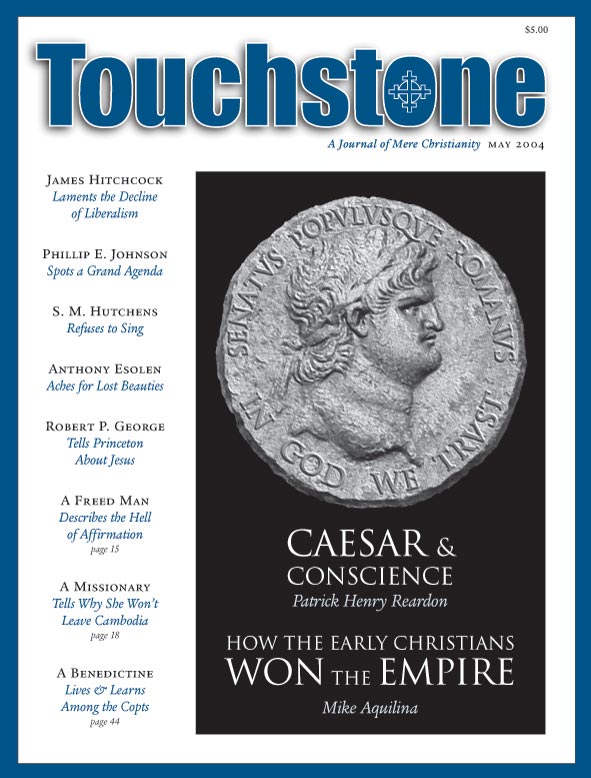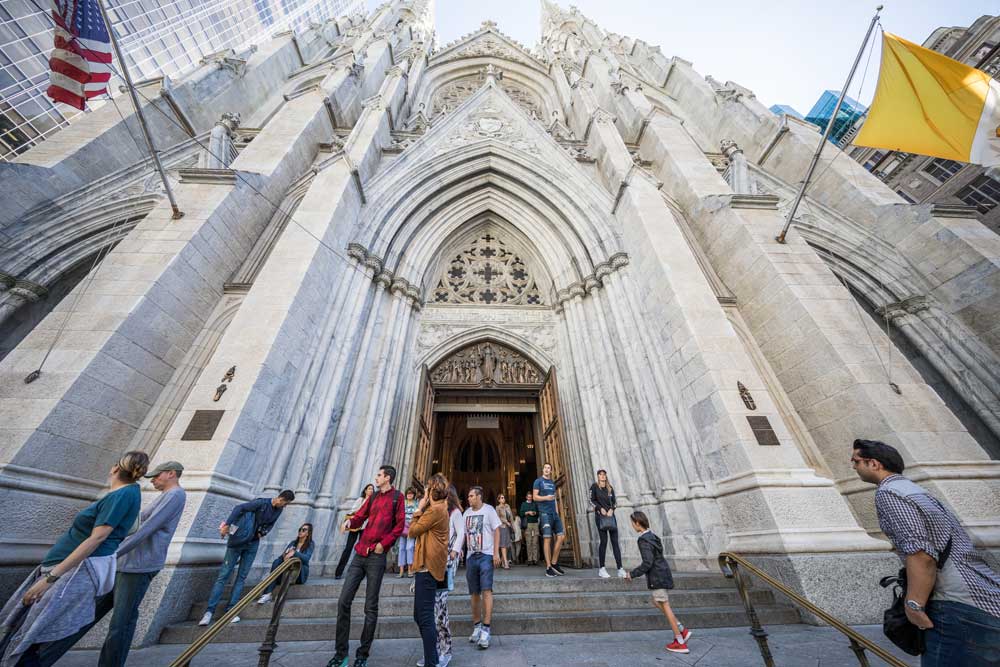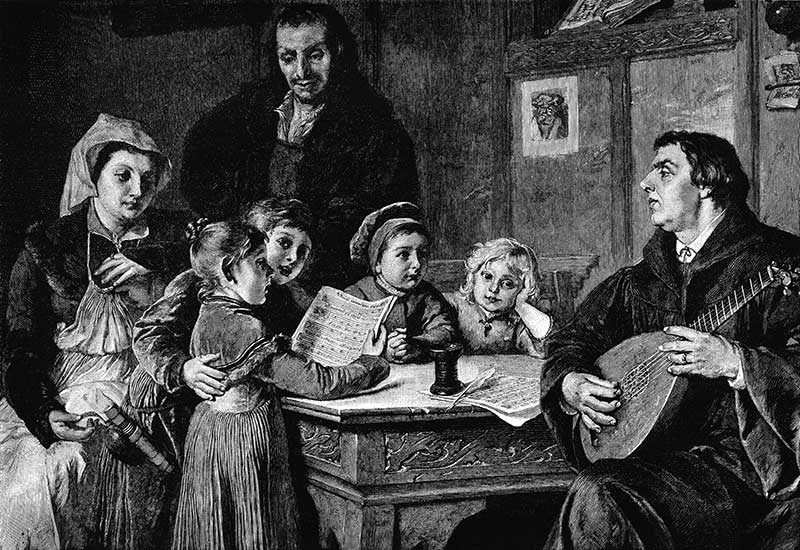Supreme Modernism
A sidebar in James Hitchcock’s “Superemely Modern Liberals”
by David Mills
Americans have, in the Supreme Court, an example of the division James Hitchcock describes, between those who appeal to some objective realities and those who insist on the final authority of the “imperial self.” Perhaps never was the difference more obvious than in the Court’s decision in Planned Parenthood v. Casey, in which it rejected the opportunity to overturn Roe v. Wade. Writing for the majority, and appealing to earlier decisions, Justice Sandra Day O’Connor argued that sexual matters—from contraception to abortion—involved “the most intimate and personal choices a person may make in a lifetime, choices central to personal dignity and autonomy,” which are therefore
central to the liberty protected by the Fourteenth Amendment. At the heart of liberty is the right to define one’s own concept of existence, of meaning, of the universe, and of the mystery of human life. Beliefs about these matters could not define the attributes of personhood were they formed under compulsion of the State.
The emphasis is mine. O’Connor’s one sentence may be the most famous statement of the modernist mind in American politics and certainly the most authoritative. She proceeded to argue that abortion is “an act fraught with consequences,” including “depending on one’s belief . . . the life or potential life that is aborted.” And she concluded this part of her argument by declaring:
Her [the mother’s] suffering is too intimate and personal for the State to insist, without more, upon its own vision of the woman’s role, however dominant that vision has been in the course of our history and our culture. The destiny of the woman must be shaped to a large extent on her own conception of her spiritual imperatives and her place in society.
The emphasis is, again, mine. Through such assumptions imposed on the text the lives of millions have been lost. In effect O’Connor declared, as would-be revolutionaries chanted in the sixties, that it is forbidden to forbid.
To Justice O’Connor’s articulation of modernist orthodoxy in Planned Parenthood v. Casey, Justice Antonin Scalia dissented, with an appeal to the actual text of the Constitution and the history of its interpretation. The issue, he wrote, is
not whether the power of a woman to abort her unborn child is a “liberty” in the absolute sense; or even whether it is a liberty of great importance to many women. Of course it is both. The issue is whether it is a liberty protected by the Constitution of the United States. I am sure it is not. I reach that conclusion not because of anything so exalted as my views concerning the “concept of existence, of meaning, of the universe, and of the mystery of human life.” Rather, I reach it for the same reason I reach the conclusion that bigamy is not constitutionally protected—because of two simple facts: (1) the Constitution says absolutely nothing about it, and (2) the longstanding traditions of American society have permitted it to be legally proscribed.
O’Connor had appealed to what she called the “reasoned judgment” of Roe v. Wade, though, as Scalia noted, the Court’s majority had begged the essential question of the status of the unborn child—a question O’Connor also begged in Casey.
The emptiness of the “reasoned judgment” that produced Roe is displayed in plain view by the fact that, after more than 19 years of effort by some of the brightest (and most determined) legal minds in the country . . . the best the Court can do to explain how it is that the word “liberty” must be thought to include the right to destroy human fetuses is to rattle off a collection of adjectives that simply decorate a value judgment and conceal a political choice.
David Mills has been editor of Touchstone and executive editor of First Things. He edits the opinion page of the Pittsburgh Post-Gazette.
subscription options
Order
Print/Online Subscription
Get six issues (one year) of Touchstone PLUS full online access including pdf downloads for only $39.95. That's only $3.34 per month!
Order
Online Only
Subscription
Get a one-year full-access subscription to the Touchstone online archives for only $19.95. That's only $1.66 per month!
bulk subscriptions
Order Touchstone subscriptions in bulk and save $10 per sub! Each subscription includes 6 issues of Touchstone plus full online access to touchstonemag.com—including archives, videos, and pdf downloads of recent issues for only $29.95 each! Great for churches or study groups.
Transactions will be processed on a secure server.
more on liberalism from the online archives
more from the online archives

27.3—May/June 2014
Religious Freedom & Why It Matters
Working in the Spirit of John Leland by Robert P. George
calling all readers
Please Donate
"There are magazines worth reading but few worth saving . . . Touchstone is just such a magazine."
—Alice von Hildebrand"Here we do not concede one square millimeter of territory to falsehood, folly, contemporary sentimentality, or fashion. We speak the truth, and let God be our judge. . . . Touchstone is the one committedly Christian conservative journal."
Support Touchstone
—Anthony Esolen, Touchstone senior editor












